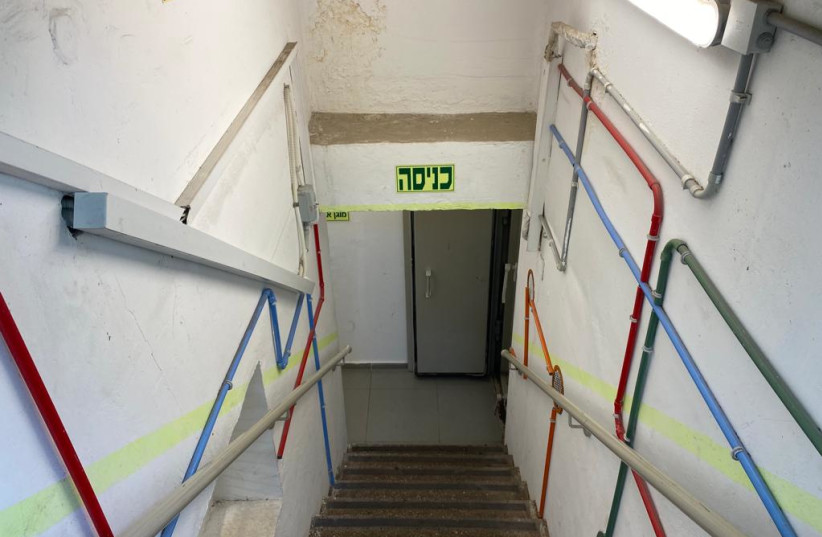The Defense Ministry on Sunday opened a campaign to finance safe rooms in communities in the North following the ceasefire signed with Hezbollah last week.
The campaign will be split up into several rounds, starting with towns located zero-to-one kilometers from the border, along with Kiryat Shmona and towns that are located one-to-five kilometers from the border. The next phase will include other towns and cities located within five to nine kilometers from the border.
In Kiryat Shmona alone, the plan is to build around 1,700 safe rooms, while for the entire one-to-five kilometer area, the plan is to build around 10,000 safe rooms.
In the next phase – the five-to-nine kilometer towns and cities – there will be even more than 10,000 additional safe rooms, though the numbers are less set for this area given that the process is just starting.
On average, the ministry will provide NIS 132,000 for each residence to add a safe room, with a total expected expenditure of around NIS 1.2 billion.

Conceptually, the program will include each resident moving the process forward on their own, but with the government providing the funding and also declaring an exemption from the standard bureaucratic approval process for home additions, which can easily take two years.
In a briefing, the ministry said it was unsure how long the process will take, but plans for it to start already in early 2025 and hopes that granting the procedural exemptions and the financing will move the process forward much more rapidly than the standard process would take. A later press release was less optimistic, saying the process would only start in April 2025.
Funding for school safe rooms
Separately, the ministry is granting funding and streamlining procedures for building safe areas and security solutions for schools and other such communal structures, starting again first with the 0-5 kilometer range.
NIS 250 million have been allocated so far for this process.
Col. Yaniv Balfour and his deputy for engineering, Orna Raviv, said they were in the process of resolving special bureaucratic issues for certain non-Jewish villages in the area, including where some of the residences might have been built without a permit.
However, they were unclear about when and how the special issues would be resolved, while saying they were committed that all villages in the area be made secure.
In the past, government projects to add safe rooms in the South, both for Israeli-Jews, but especially for some non-Jewish towns, have lagged behind whatever planned time-frame was set for such projects.
